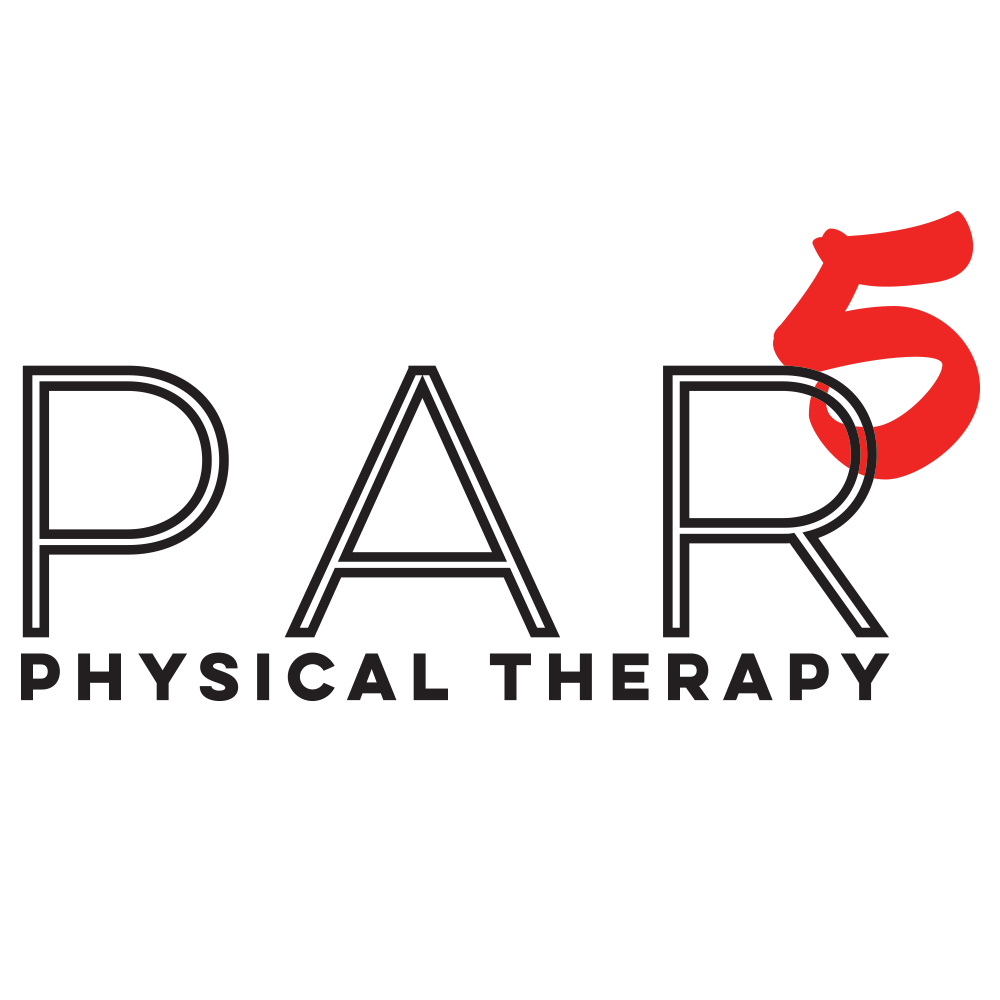What do most professional golfers know that we don't know?
Photo by Max Andrey on Unsplash
Professional golfers practice and play more than amateur golfers do. They put in long hours at the range and the practice facility. For the common golfer, all that time practicing is the first major hurdle in the quest to improve their golf game.
Most dedicated golfers will try and practice at home, doing drills and working on skills to avoid any loss during the non-golfing months. But for the majority of golfers, the winter months are filled with a hiatus from anything golf related. Some players even think that mental practice and visualization of a perfect golf swing is enough to maintain physical levels.
What happens when the weather gets warmer and it’s time to hit some real balls? Most find that trying to produce a golf swing that is consistent and pain-free to be a difficult task. Long days at the office and lack of exercise can oftentimes make the golf swing feel like a foreign movement. This can result in a swing that is inconsistent or even totally different than last season’s golf swing. The time spent away from golf or exercise can take its toll.
What’s an amateur golfer to do? What happens when the golf swing that you see in your mind is not what is produced at the range or on the course?
The first step is to get tested, find out more about the body and what structural deficits can be impeding a good golf swing. This is where the Titleist Performance Institute’s Golf Movement Screen comes in, it is a 16 point test that assesses a player’s stability and mobility to develop a plan to improve their golf swing.
If you don’t know what to fix, how can you get better?
No matter how good your instruction is or how new and improved your equipment may be, the only thing that really matters is how you can move. Training and golf swing instruction can be more effective when combined with objective measures that specifically show a player where their deficits lie.
When professional golfers train, they use the very best tools at their disposal. Having an expert assess their body is the first step to building a consistent swing. A majority of professionals on the PGA and LPGA tours have a TPI specialist advising them on how to train or how to swing. Understanding the golf swing and body mechanics can greatly impact your game and make your practice time much more effective that ever.
Schedule your Golf Movement Screen session today. Contact us to learn more.

